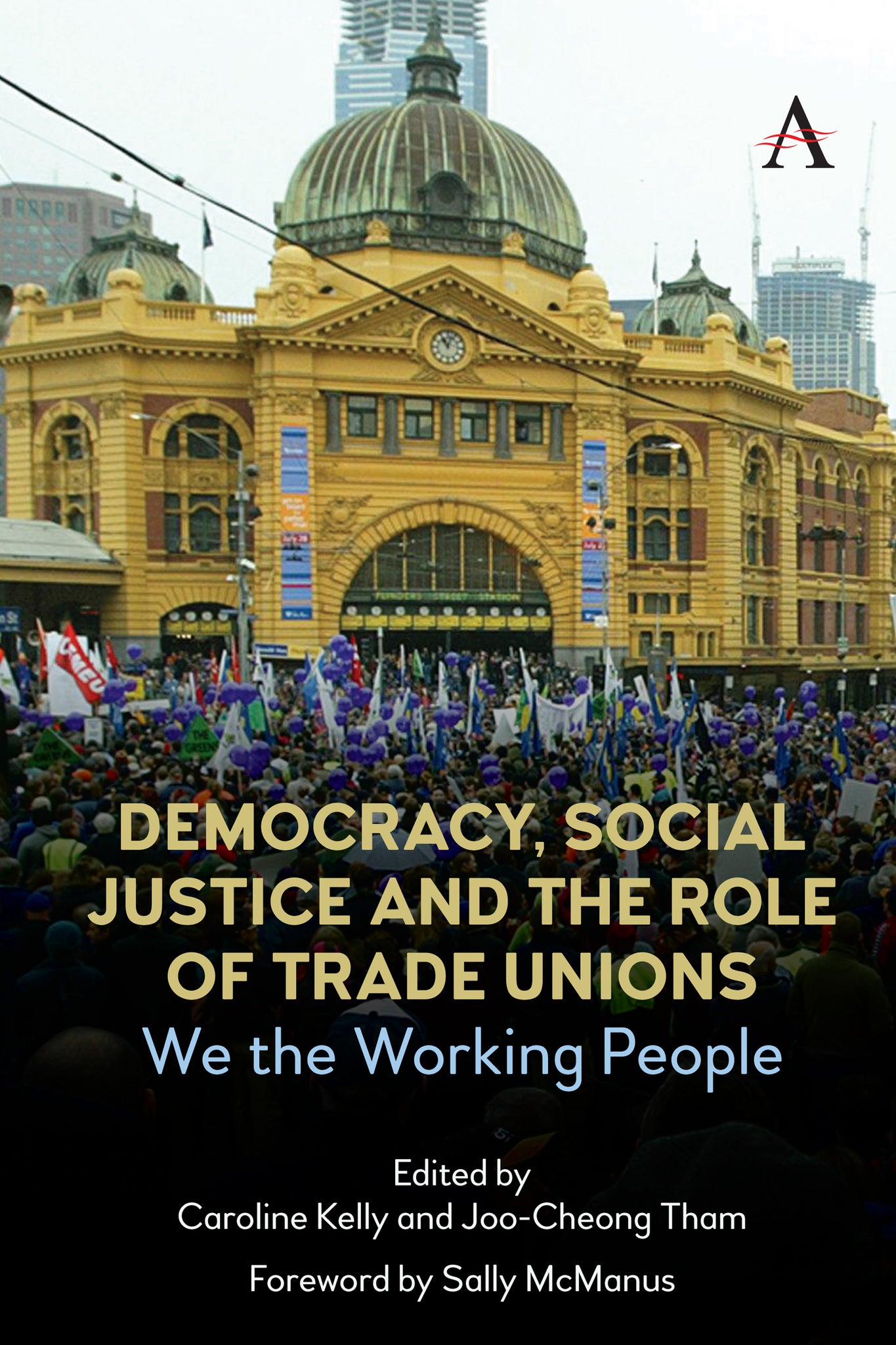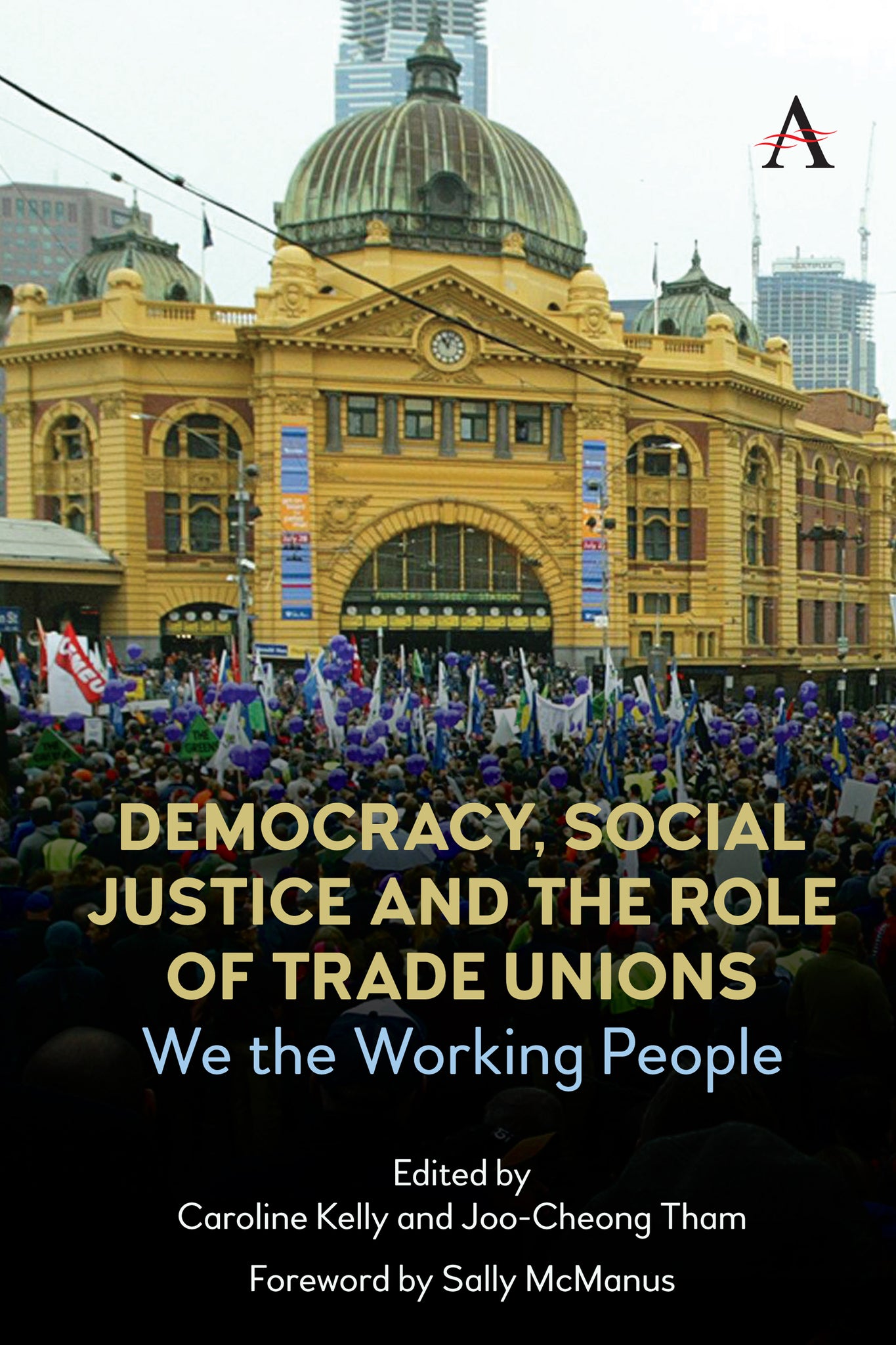We're sorry. An error has occurred
Please cancel or retry.
Democracy, Social Justice and the Role of Trade Unions

Some error occured while loading the Quick View. Please close the Quick View and try reloading the page.
Couldn't load pickup availability
- Format:
-
07 September 2021

Trade unions worldwide face a powerful paradox at this critical juncture: collective organisations for workers are urgently needed and yet there are serious pressures undercutting the legitimate role of trade unions. The aim of this book is to examine how trade unions can effectively navigate this deeply contradictory challenge. It is underpinned by the conviction that trade unions are – and should be – vital institutions for democracy and social justice.
Written by leading scholars in industrial relations and labour law as well as those in political philosophy and political science, the collection tackles a range of pressing topics for trade unions including: the climate crisis; the COVID-19 pandemic; economic democracy; democracy within trade unions; precarious work; and election campaigns.

LAW / Labor & Employment, Employment and labour law: general, POLITICAL SCIENCE / Labor & Industrial Relations, Industrial arbitration and negotiation

“In an era when democratic institutions are under great strain, this important volume brings together leading scholars to examine the central constitutional role of trade unions as guarantors of democracy and social justice. The chapters consider the multiple challenges presented by climate change, migration, the erosion of secure employment, the global pandemic, and international trade. The need for strong and democratic trade unions has never been so urgent. This book is a vital scholarly contribution to these debates.” — Alan Bogg, Professor of Labour Law, Bristol University, UK
Foreword by Sally McManus; Acknowledgements; Chapter 1. Democracy and Social Justice as Organising Principles, Joo- Cheong Tham and Caroline Kelly; Chapter 2. Economic Democracy, Workers and Unions, David Peetz; Chapter 3. Nobody Owns the Future, Julian A. Sempill; Chapter 4. Regulatory Approaches to the Internal Affairs of Trade Unions in Australia: From Democratic Control to Corporate Accountability, Caroline Kelly; Chapter 5. Trade Unions and the Regulation of Election Funding: Between Libertarianism and Egalitarianism, Joo- Cheong Tham; Chapter 6. Trade Unions and Precarious Work: In Search of Effective Strategies, Iain Campbell; Chapter 7. ‘Is There an App for That?’ Worker Representation, Unions and the Gig Economy, Anthony Forsyth; Chapter 8. Temporary Migrant Workers and Trade Unions in Australia: A Complex Relationship, Joanna Howe; Chapter 9. Unions, Fossil Fuel Exports and a Just Transition, Jeremy Moss; Chapter 10. Trade Agreements, Labour Rights and Democracy, Patricia Ranald; Chapter 11. Trade Unions, Labour Law and Democratic Socialism: The COVID- 19 Crisis in the United Kingdom, K. D. Ewing; Notes on Contributors; Index.



